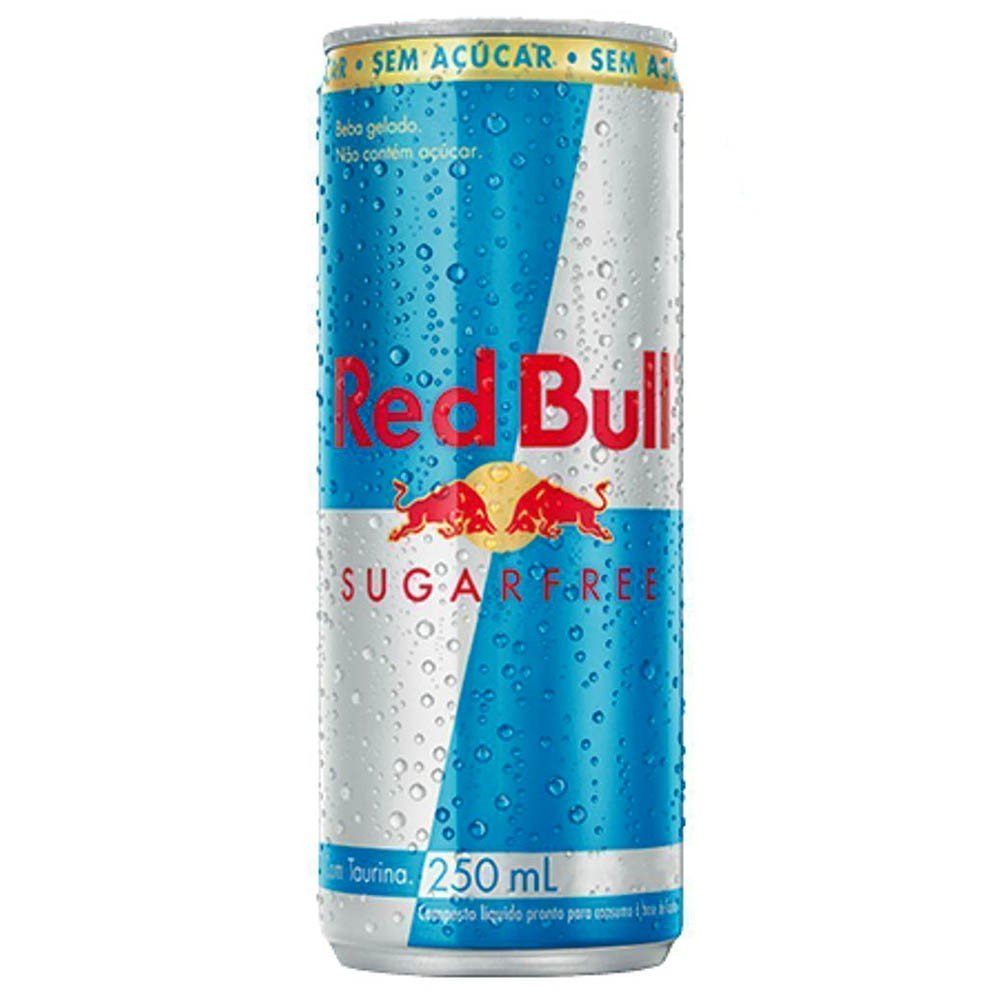
That way you can address the cause of your fatigue, instead of just addressing its symptoms.ĭehydration: This great Ted-ED video outlines how dehydration can affect your body. If you are guzzling down a few energy drink cans or bottles a day to stay alert, it’s probably time to start examining why you are feeling tired. So, what are some practical ways to kick an energy drink habit? Not to mention, the huge amounts of sugar in energy drinks is not good news if you have diabetes or are pre-diabetic, and can lead to other health complications. Excessive coffee consumption can also lead to anxiety, sleep problems, and digestive problems. If you are having multiple drinks within a short space of time, the caffeine content can lead to serious heart problems, affecting heart rhythm, blood flow, and pressure.įurther, the cardiovascular and nervous systems of teens and young adults are still developing large amounts of caffeine can harm the development of these systems. Plus, if not consumed safely, energy drinks can cause trouble: the Australian Center for Food Safety Adverse Event Reporting System (CAERS) has received over 140 complaints about adverse side effects from 5 Hour Energy, Monster, and Rockstar over the last 10 years. Plus, another study showed that just thinking that you are drinking Red Bull is enough to boost performance in a numerical cognitive test (Stroop test), regardless of if you actually drink Red Bull. Like other energy drink additives (i.e., ginseng, B vitamins, glucuronolactone, yohimbe, carnitine, and bitter orange), however, its amount in energy drinks are often far below that expected to deliver either therapeutic benefits or adverse events.Ī recent review indicated that there is a lack of evidence that ingredients other than caffeine contribute to creating the “buzz,” which is promised to energy drink consumers. Taurine is found naturally in meat, seafood, and milk, and thus, easily obtained from a balanced diet. It assists with neurological development and regulates mineral salt concentrations in the blood. Sugar can provide a quick energy boost, but that feeling quickly disappears and can leave you craving more.Įnergy drinks also often include taurine, which is one of the common amino acids found in the body. Just one standard Red Bull can has 37 g of sugar, which is 12 grams over the recommended amount of 25 grams of sugar per day. There is actually a lack of evidence to conclude that energy drinks are more effective than traditional caffeinated drinks at increasing energy levels or improving cognitive function.įurther, unless you are choosing the sugar-free option, energy drinks also contain lots of sugar. However, even moderate levels of caffeine (approximately 75 mg), which you can get from a cup of coffee, is enough to give you a cognitive boost. In partially sleep-deprived healthy volunteers, one energy shot was enough to maintain these effects for up to 6 hours. Each gram of guarana can contain 40-80 mg of caffeine (with a potentially longer half-life), thus, elevating the stated level of caffeine in energy drinks.Īlthough not all studies showed positive effects on psychomotor function, the good news it that there is evidence that, in small amounts, energy drinks decrease reaction time, increase subjective alertness, and improve memory and concentration in young adults.

Guarana is a native South American plant, which contains a caffeine compound called guaranine. In addition to caffeine, most energy drinks also contain guarana. A shot of 5-hour Energy, for example, can contain up to 350 mg of caffeine per 100 mL of energy drink, which is approximately equivalent to the caffeine content of 5 cups of coffee.

In the United States, however, energy drinks are classed as dietary supplements, and are thus, not required to meet the Food and Drug Association limit of 20 mg of caffeine per 100 mL.

5 HOUR ENERGY VS REDBULL CODE
The Australian New Zealand Food Standards Code restricts the maximum amount of caffeine in an energy drink to 32 mg per 100 mL. The main component of most energy drinks is caffeine. Males between the ages of 18 and 34 years consume the most energy drinks. According to the National Institutes of Health, energy drinks are the most popular dietary supplement consumed by American teens and young adults, with almost one-third of teens aged 12–17 years drinking them regularly. They can be an attractive option when you are juggling classes, homework, extra-curricular activities, jobs, and friends and family.Ĭurrently, the global energy drink market is $55 billion USD, which is projected to reach $84.8 billion by 2025. Lucozade.Įnergy drinks don’t really need an introduction.


 0 kommentar(er)
0 kommentar(er)
